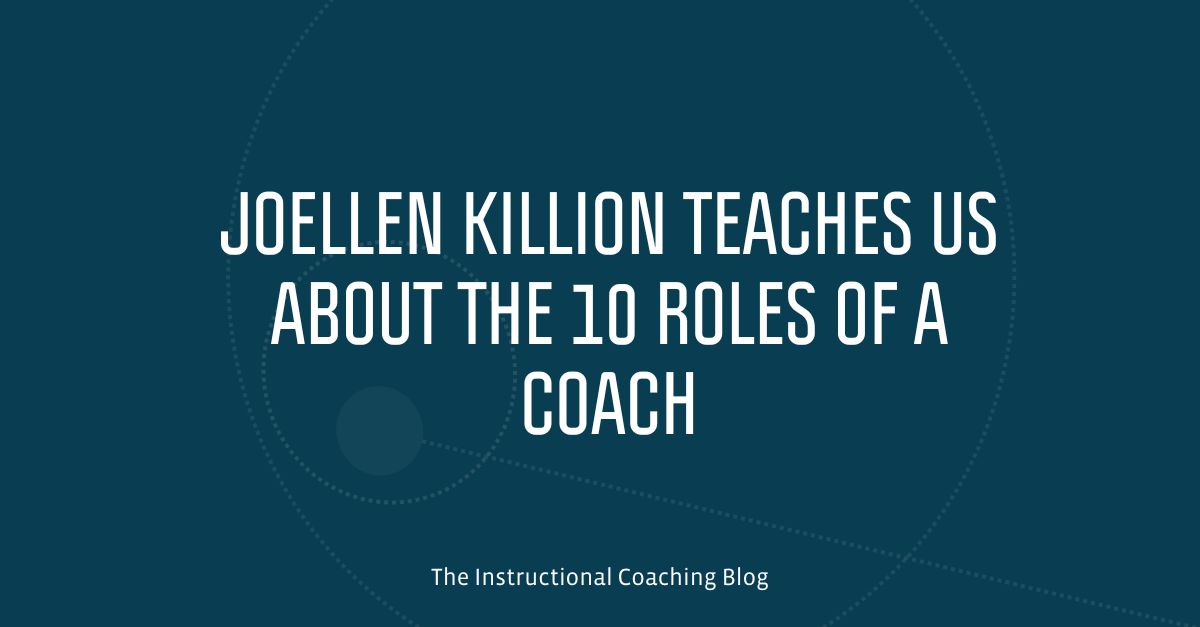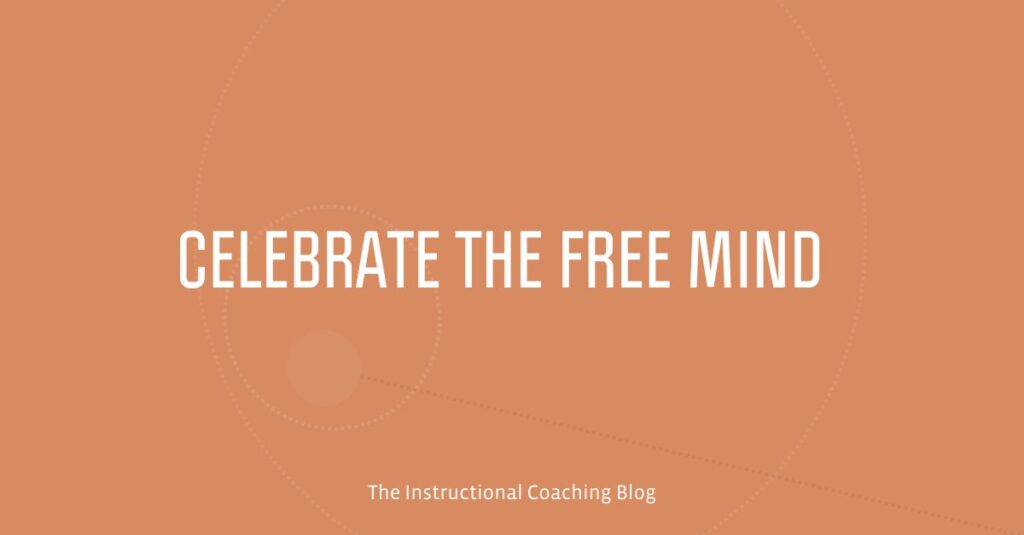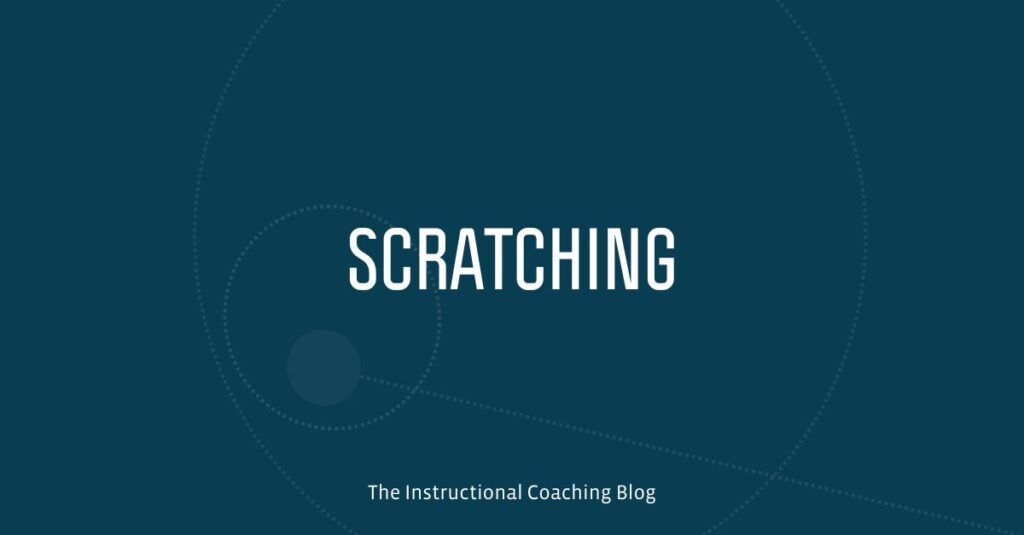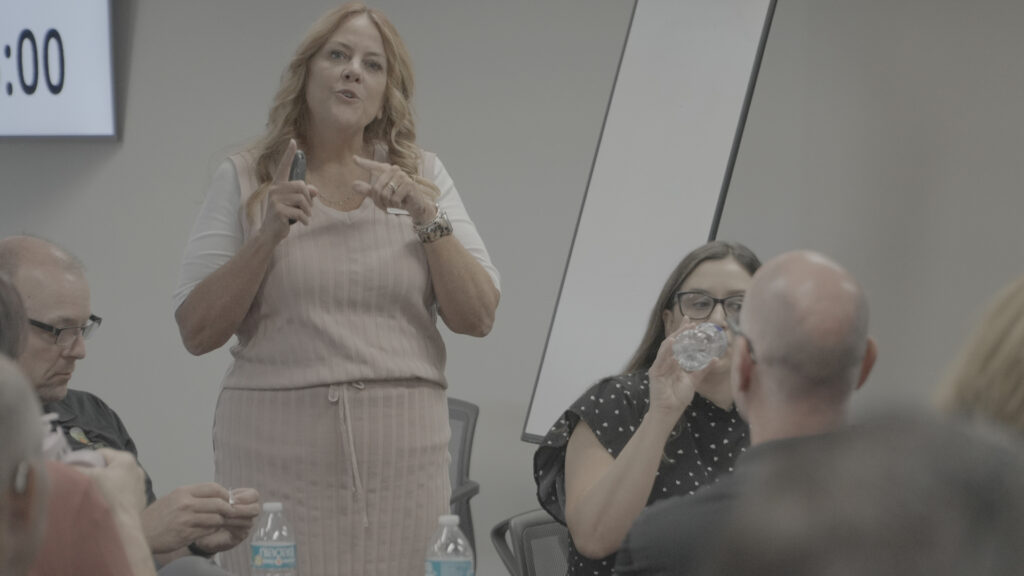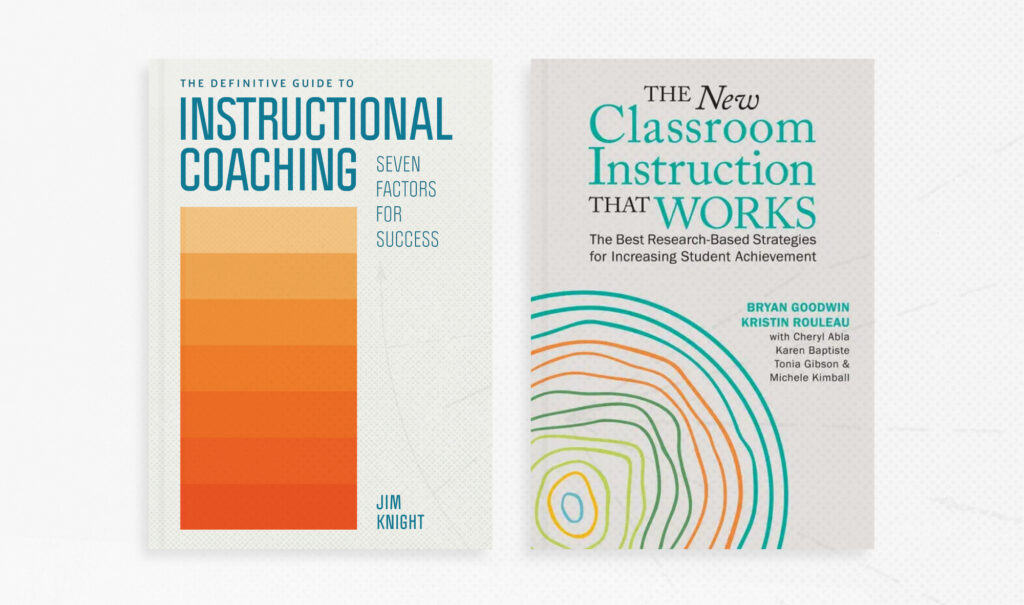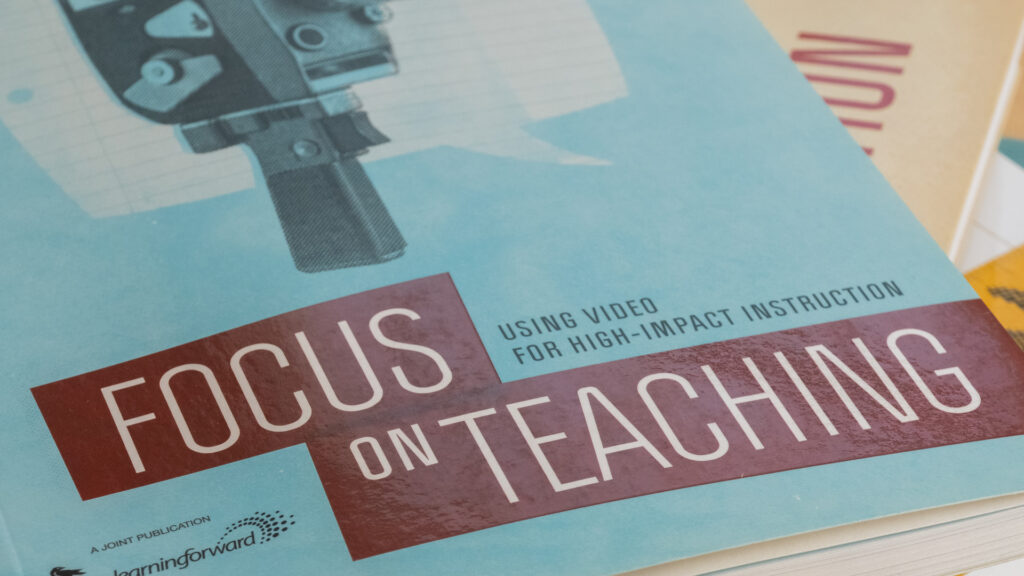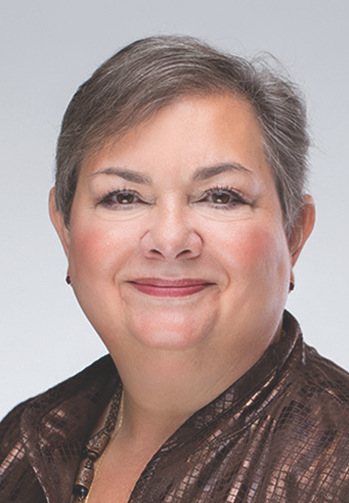
As the impact of COVID-19 continues to affect our lives, most of us are striving to learn new ways to do our jobs and maintain relationships. In times like these, it can be helpful to clearly define our roles so we can be sure we are still meeting the needs of all of the roles we play and if necessary, adjust our approach however necessary to ensure those needs are fulfilled. Coaches can have various roles across different schools and environments, so it is useful to find ways to create more clarity and establish boundaries for their roles. Through speaking with Joellen Killion and reading her work, we learned how to articulate the many roles of a coach. With over 45 years of experience as an educator, Joellen is the senior advisor to Learning Forward and consults with educators around the globe. In today’s post, we take a look at her thoughts on the ten roles of a school-based coach.
#1 Data coach
For Joellen, a data coach is not simply someone tasked with collecting or presenting data, but someone who teaches others to analyze and use data. A data coach teaches educators to use data from the classroom “to make sound instructional decisions that help strengthen teaching and learning.” A good coach can use anecdotes, observations, formative assessments, and what teachers see every day to help teachers make good decisions.
#2 Resource provider
Coaches have to be careful with this one! At the start of a school year, teachers are often craving any and all teaching resources they can find, and a coach can really thrive on finding those resources for their teachers. This is a slippery slope, however, because although finding teacher resources is a great way to build a relationship with a teacher in the beginning, coaches need to monitor things closely so that teachers learn how to locate and evaluate resources that will improve student learning.
#3 Mentor
Coaches can be a mentor, especially to new professionals, to acclimate a teacher to a new environment in a social, emotional, and psychological sense. Joellen tells us that mentoring means helping teachers understand who they are as members of a school community and feeling ready to meet the responsibilities as a teacher.
#4 Curriculum specialist
Another role for coaches is that of curriculum specialist. “A curriculum specialist is a person who has deep expertise in the ‘what’ that is being taught,” Joellen adds, “And guides teachers to use curricula that are based on a solid theoretical framework, aligned with relevant standards.”
#5 Instructional specialist
The instructional specialist, on the other hand, deals with “how” the curriculum is facilitated for learning. A coach helps teachers design and adapt instruction to meet the needs of students through instructional moves, procedures, assessments, and curriculum shifts.
#6 Classroom supporter
There are three parts (or responsibilities) to being a classroom supporter:
- The first part is to serve as a model of effective teaching, teaching new strategies and classroom management practices.
- The second responsibility is co-teaching. Joellen explains, “That is, going from ‘I do, we do’ to ‘you do.’ So, we do it standing together side by side.”
- The third part of being a classroom supporter is observing, gathering data, and engaging in reflective conversations.
Each of these three parts requires planning, reflection, and debriefing. It is about building efficacy, independence, and the capacity to analyze and reflect on one’s own practice and its effect on students’ learning.
#7 Learning facilitator
When a coach is responsible for facilitating learning in both informal and formal situations, with individuals or teams of teachers, Joellen calls this the learning facilitator role. In this role, coaches build the capacity of others. This might be a responsibility that coaches do constantly, however, when they have activated this role there may be more structured learning experiences taking place, such as leading a professional learning community, or facilitating a grade-level meeting for teachers.
#8 School leader
Coaches will naturally become a school leader. As leaders, Joellen finds that coaches can often build a very important bridge between teachers and administration at a school. Teachers often watch coaches, specifically how a coach reacts to district initiatives and how coaches advocate for students. Coaches can use this position to build a healthy school culture and a productive relationship between administrators and teachers.
#9 A catalyst for change
Joellen also sees coaches in a position to challenge the status quo; a coach is someone who is “always looking to plant seeds for opportunities to consider alternatives that might achieve a better end for students.” As a catalyst for change, a coach is positioned well to identify what parts of a system reinforce habits and yield results.
#10 Learner
The last role Joellen speaks about is the learner. Coaches are constantly learning. There are always changes in working with students, so keeping up to date and learning every day, for Joellen, is the “be all and end all” of being a coach.” It’s always a discovery – we are always adding to what we know,” Joellen says, “we have to be willing to use every experience as an opportunity for learning more to improve where we go in the future.”
